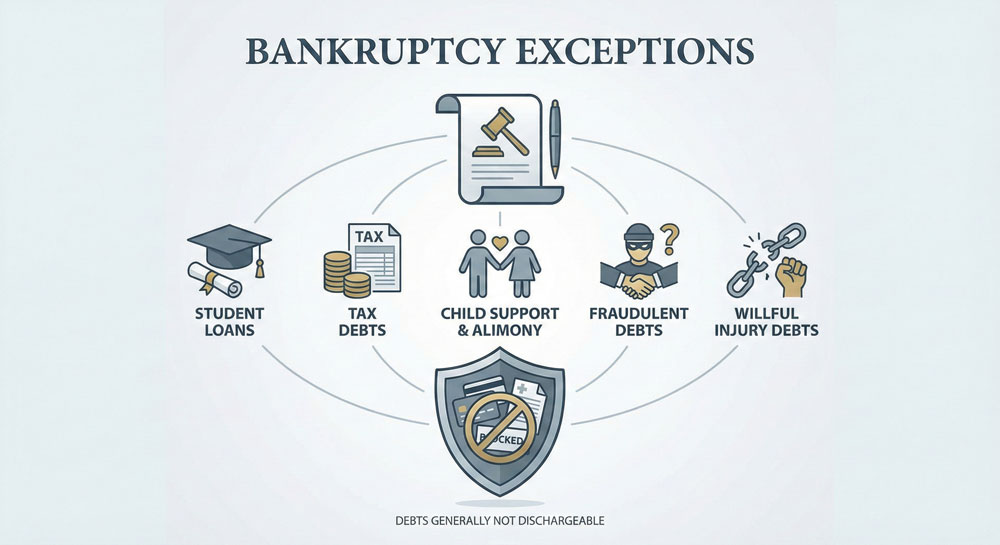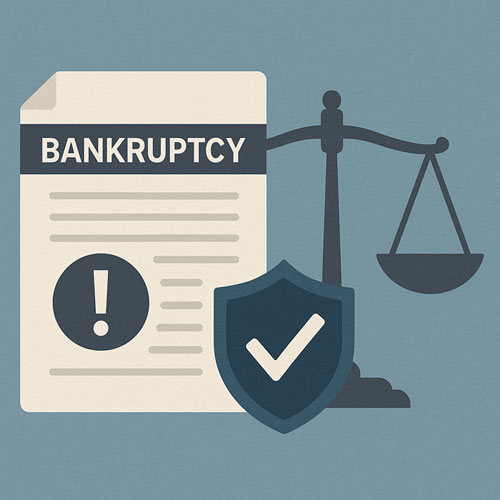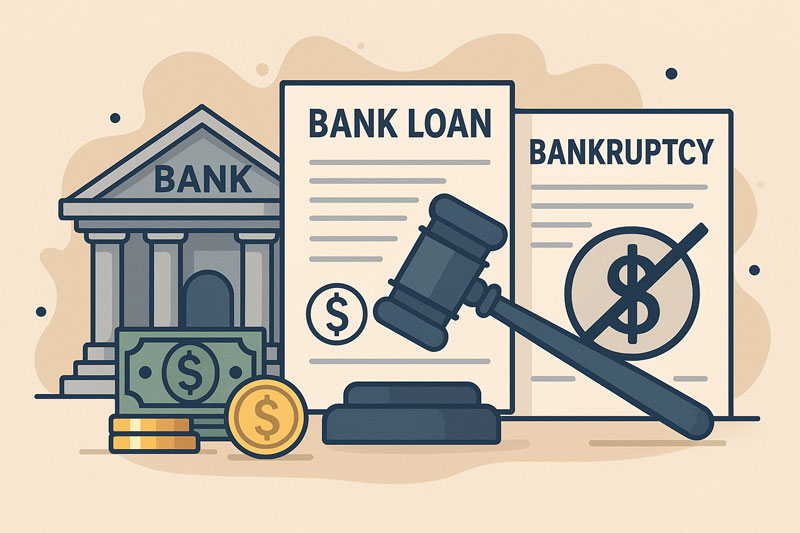How Much Of My Unsecured Debt Will I Pay In Chapter 13 Bankruptcy?
 Paying back your debts in a Chapter 13 bankruptcy primarily depends on the TYPE of debt you have. We often hear the question “How much of my unsecured debt will I have to pay?” Priority debts such as child support, secured debts such as homes and cars, and any debt secured by tax liens will have all have to be paid back 100%. Only then can we look at unsecured debts. To answer the question of how much unsecured debt you will have to pay back in a Chapter 13 bankruptcy, it can range anywhere from nothing at all to having to pay 100%.
Paying back your debts in a Chapter 13 bankruptcy primarily depends on the TYPE of debt you have. We often hear the question “How much of my unsecured debt will I have to pay?” Priority debts such as child support, secured debts such as homes and cars, and any debt secured by tax liens will have all have to be paid back 100%. Only then can we look at unsecured debts. To answer the question of how much unsecured debt you will have to pay back in a Chapter 13 bankruptcy, it can range anywhere from nothing at all to having to pay 100%.
The main variables in Chapter 13 bankruptcy are:
- how much you owe
- how much of your income is disposable (not needed for necessities)
- the length of your repayment plan
- what your creditors would have received in Chapter 7 bankruptcy
Once these are taken into consideration, the court looks at the total value of your property that isn’t exempt compared with how much you owe. They then assign the payment amount. Any income you receive that does not go towards reasonable and necessary living expenses is deemed “disposable income.” By law, you must contribute all disposable income to repay your debts over the life of the Chapter 13 repayment plan.
Bankruptcy Trustees general look at the amount of unsecured debt your creditors would receive if you filed a Chapter 7 liquidation. They ensure that they receive at least that amount. When your income is compared to your actual month expenses, the difference is how much you will pay over the course of the bankruptcy payment plan. Your creditors receive a percentage of what is left over from paying your priority and secured debts.
Working with a Fairfield bankruptcy attorney to file your Chapter 13 bankruptcy has the possibility to lower the amount of unsecured debt you will have to pay back by alerting you to possible exemptions in your bankruptcy case. Therefore, it is highly advisable to seek out a professional debt relief lawyer before filing to ensure all the elements of your case are considered.
Categorized in: Chapter 13



